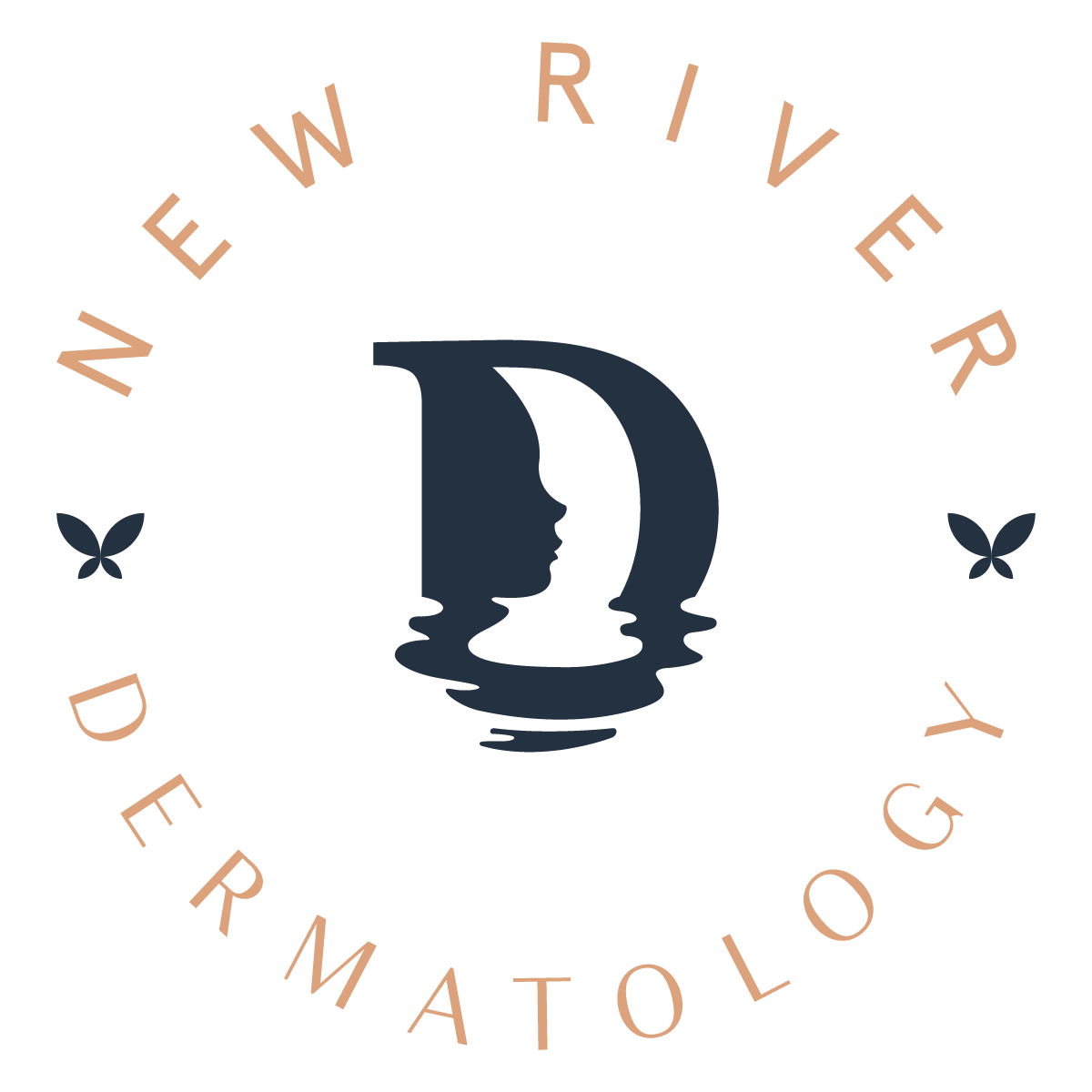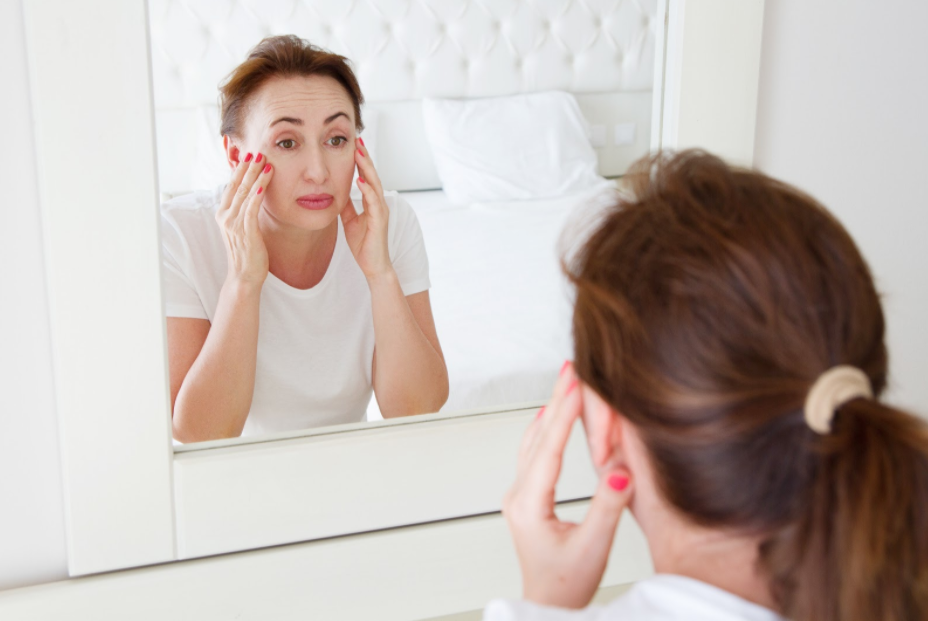How to Manage Hormonal Acne During Menopause
No matter your age, acne is frustrating and embarrassing. No one enjoys struggling to gain control over their skin. So every woman breathes a sigh of relief when the teen years are behind them and their bodies settle down. Then, out of nowhere, you reach your late forties and your skin loses its mind. The breakouts, the rashes, the irritation...it seems to start all over again. Menopause is difficult enough without adding acne breakouts to the list. So we have made our own list of some helpful management tips to make your life a little easier.
Understanding Menopausal Acne
During menopause, your skin undergoes lots of changes. Collagen levels drop (resulting in those larger-looking pores), your skin loses its elasticity, and your hormones get confused. Estrogen levels fall during this time in your life and leave an unopposed testosterone influence. Low estrogen means less oil production and less dermis, resulting in dry and brittle skin. This hypersensitive skin is very susceptible to inflammatory conditions like rashes, rosacea, various forms of dermatitis, and, of course, acne.
Managing Menopausal Skin
Your daily routine during menopause is critical to overall skin health. If you take care of your skin, it will love you back. We all need a little TLC during hormonally-chaotic times. There are three core principles in menopausal skincare:
Be gentle. Your skin is tender right now and easily inflamed. Find a trustworthy, gentle cleanser that doesn’t irritate. Dry and brittle skin needs no excuse to flare up.
Lock in the moisture. Due to the low estrogen levels that accompany menopause, your skin has less oil than normal. Less oil means less moisture. Shea and cocoa butter are great humectants and may become your skin’s best friends.
Prevent any further moisture loss or damage. A retinoid treatment and a solid moisturizer are a great way to close each day. Also, make sure that your routine is not stripping away any valuable moisture.
Other tips to consider when managing your hormonal skin include finding ways to relieve stress, increasing quality sleep, quitting harmful substances, hydrating, and exercising.
Treating Your Menopausal Acne
Menopausal acne tends to be treatment resistant because it is caused by fluctuating hormones. Your dermatologist may recommend some of the above management techniques before, or in conjunction with, medications or other treatment options. This will help your body heal from the inside out.
Some of the most common options your dermatologist may discuss with you include:
Non-drying forms of topical antibiotics and/or retinoids. It is extremely important to use kinds that do not dry out your skin.
Topical sulfur. This kills bacteria, mites, etc.
Androgen-blocking spironolactone. This helps with the hormonal issues that cause the acne.
Other hormone-regulating supplements such as phytoestrogenic herbal supplements.
When it comes to treating your acne, always make an appointment with your dermatologist. Diagnosing and treating yourself can lead to further breakouts and permanent scarring. This is because certain skin conditions can worsen if they are misdiagnosed. For example, acne treatments will make rosacea or dermatitis worse. Our team is here for you and we are always ready to answer your questions. Menopause does not have to be your worst teenage nightmare. Contact us at any of our locations and find your healthy skin again.

